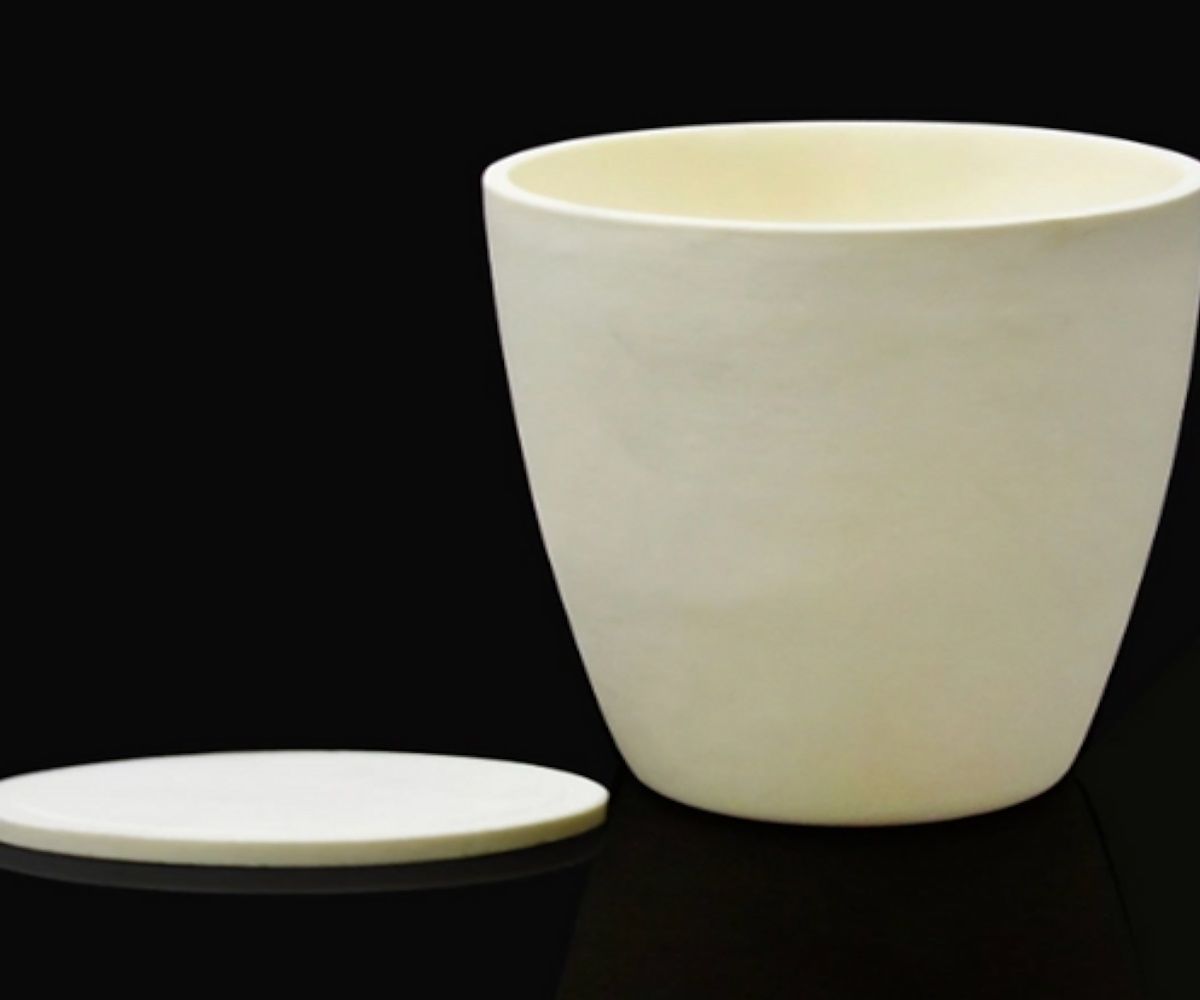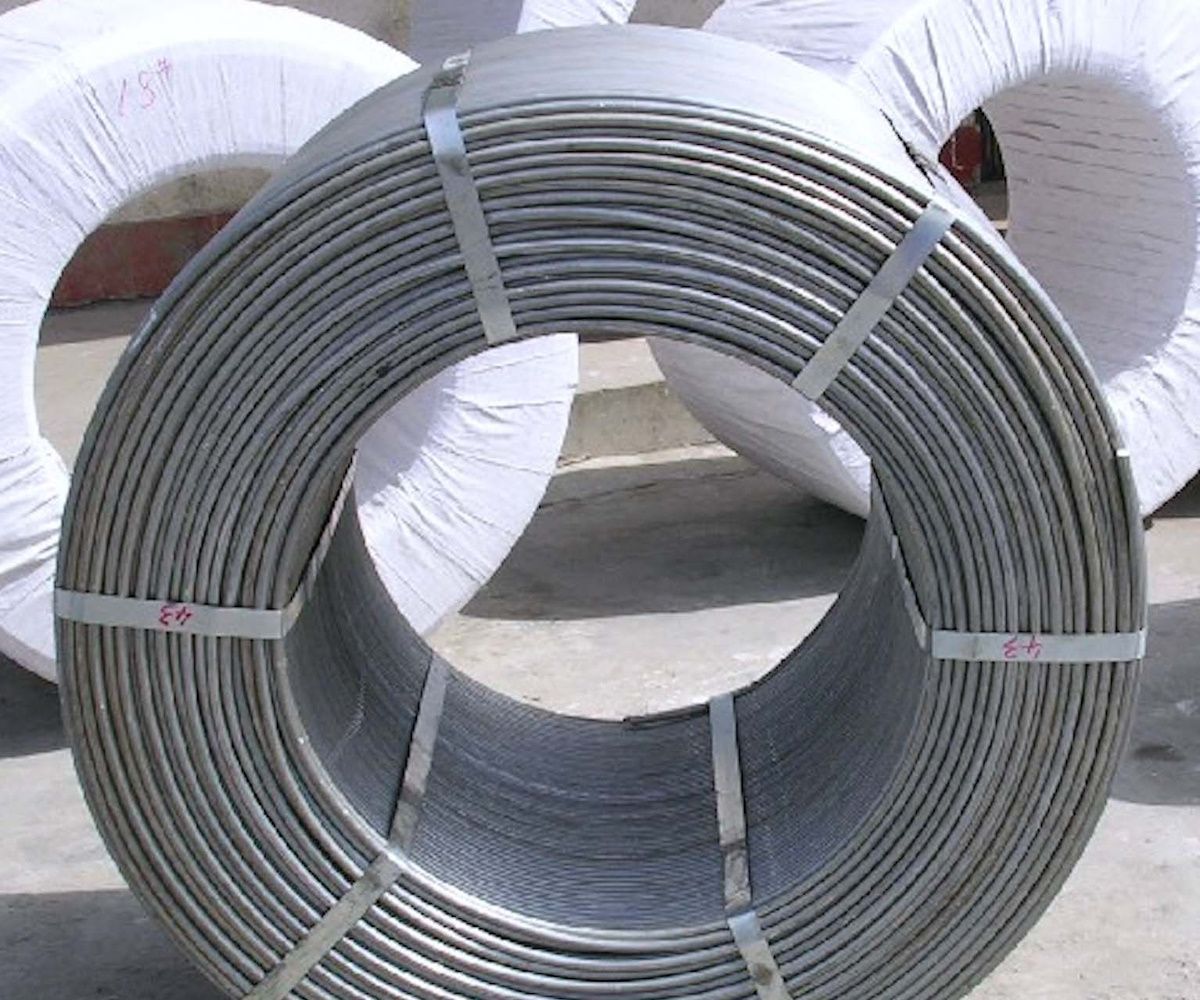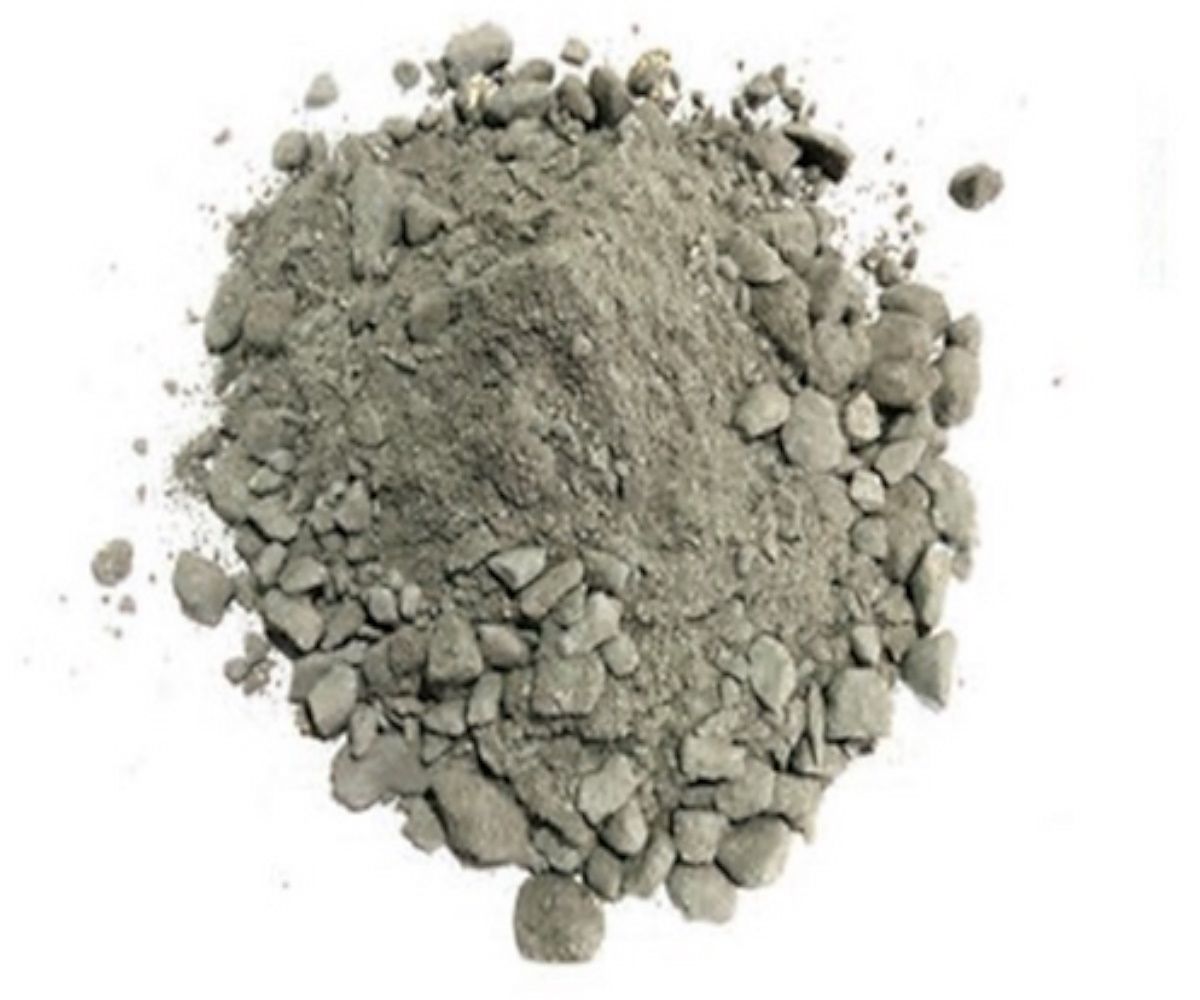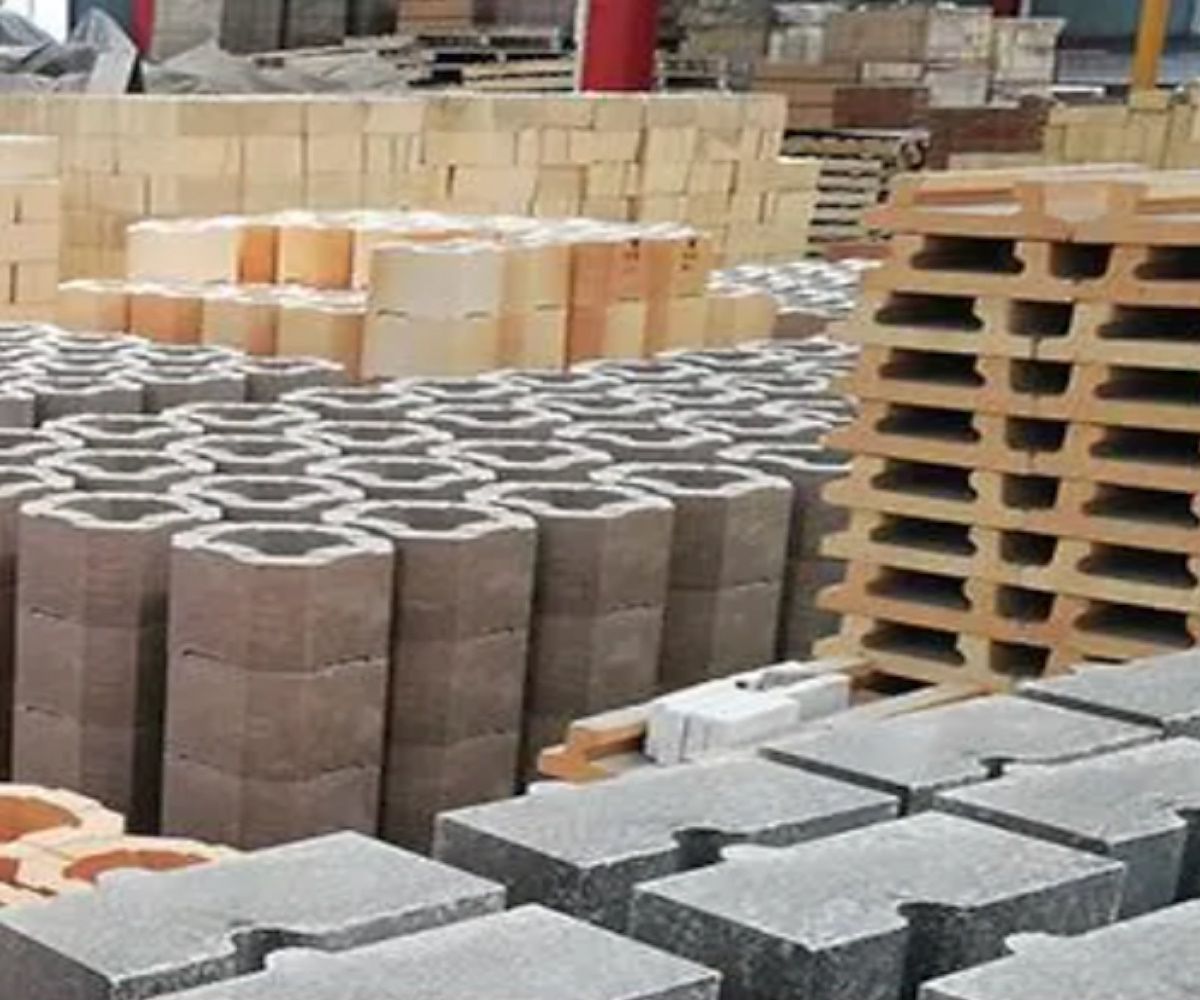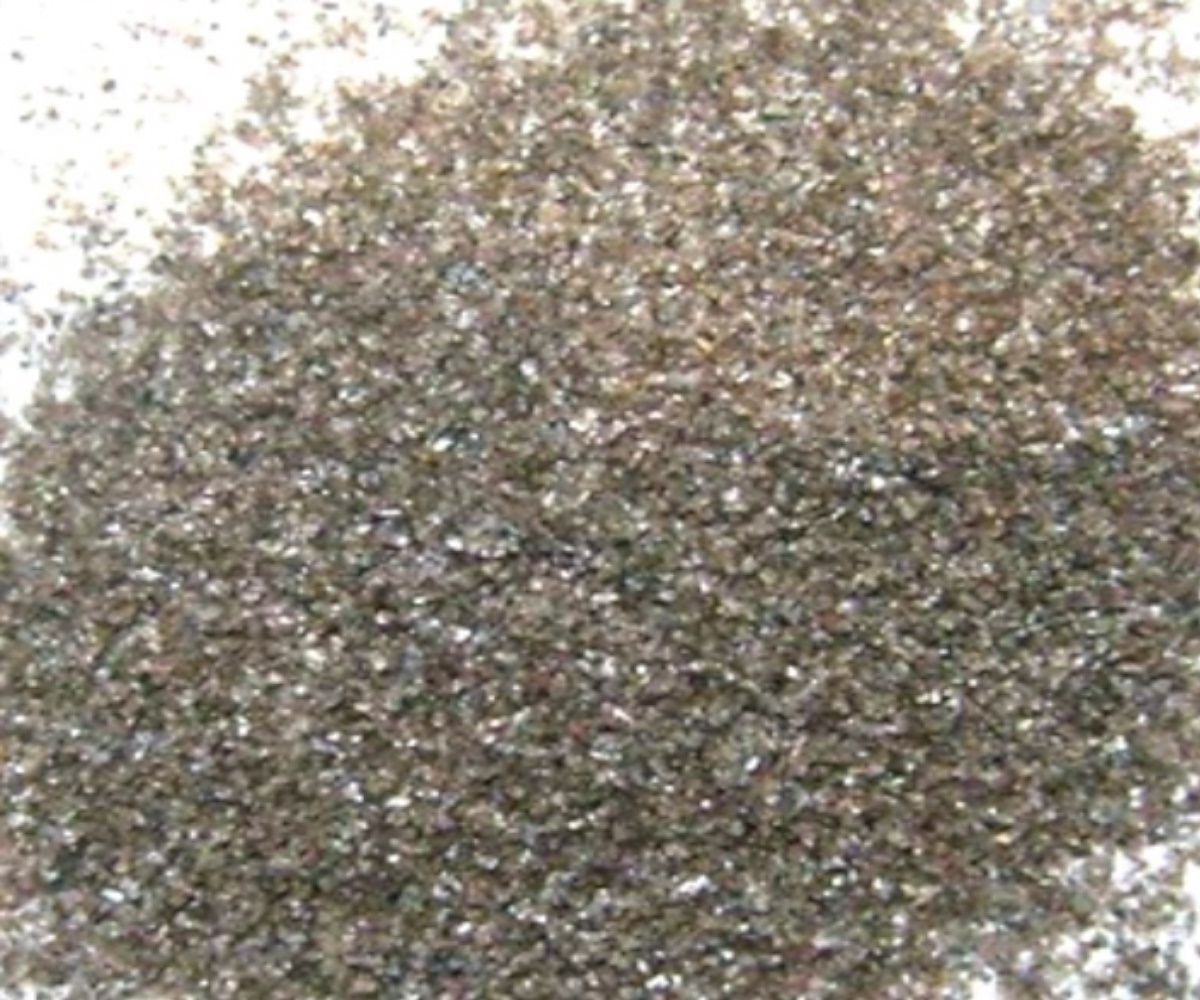Refractory Crucibles
By: Wedge Industries Ltd.| Price | Available on request |
| Category | Liquid Aluminium Handling Equipment |
| Manufacturer | Wedge Industries Ltd. |
| Min Order Quantity | 10.00 Unit |
| Delivery Lead Time | As per order |
| Place of Origin | Haryana, India |
| Supply Ability | Customization as required |
| Packaging Details | Standard export packing |
| Transportation Details | Road / Ship |
Description
Refractory crucibles are containers made from refractory materials that are used for melting, casting, and holding high-temperature materials in various industrial processes. They are designed to withstand extreme temperatures and resist chemical reactions, providing a stable and durable vessel for handling molten metals, alloys, and other materials.
Here are some key aspects of refractory crucibles:
Heat resistance: Refractory crucibles are made from materials with high melting points and excellent heat resistance, allowing them to withstand extreme temperatures typically encountered during melting and casting operations. They can endure temperatures ranging from a few hundred degrees Celsius up to several thousand degrees Celsius, depending on the specific type of crucible and application.
Chemical resistance: Refractory crucibles are resistant to chemical reactions and erosion caused by the materials they come into contact with, such as molten metals, slags, fluxes, and other substances. This chemical resistance ensures the crucible's longevity and stability during the process.
Material compatibility: Crucibles are available in different refractory materials, each suitable for specific applications. Common materials used for crucibles include clay/graphite, silicon carbide, alumina, and zirconia. The choice of material depends on factors such as the melting point of the material being processed, the desired level of chemical resistance, and the specific requirements of the application.
Thermal shock resistance: Refractory crucibles are designed to withstand rapid temperature changes without cracking or failure. They possess good thermal shock resistance, enabling them to handle the thermal stress caused by the quick heating and cooling cycles during the melting and casting process.
Size and shape variety: Refractory crucibles come in various sizes and shapes to accommodate different volumes and types of materials. They can be cylindrical, conical, or customized to fit specific applications and equipment.
Application versatility: Refractory crucibles find applications in various industries, including metallurgy, foundries, jewelry making, ceramics, and laboratory work. They are commonly used for melting and casting metals, alloys, glass, and other materials that require high-temperature processing.
Care and maintenance: Proper care and maintenance of refractory crucibles are crucial for their longevity and performance. They should be handled with care, cleaned regularly, and inspected for cracks or signs of wear. Crucibles that are damaged or worn-out should be replaced to ensure safe and efficient operation.
Refractory crucibles play a vital role in high-temperature processes, providing a reliable container for melting, casting, and holding materials. It is important to consult the manufacturer's guidelines and industry best practices when selecting and using refractory crucibles to ensure their safe and effective operation.
Other Products
Post requirements












